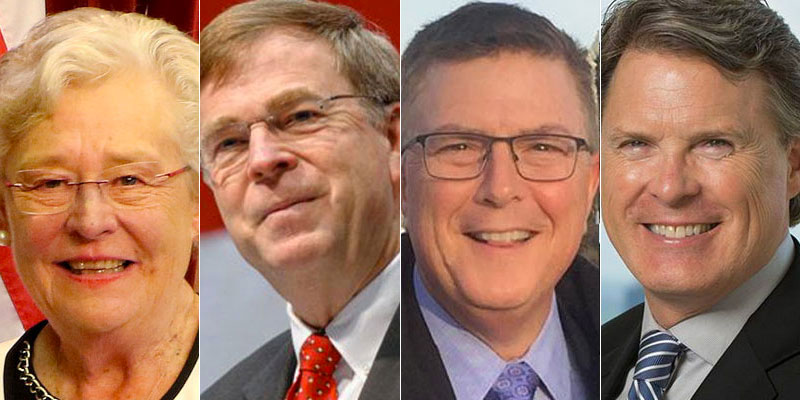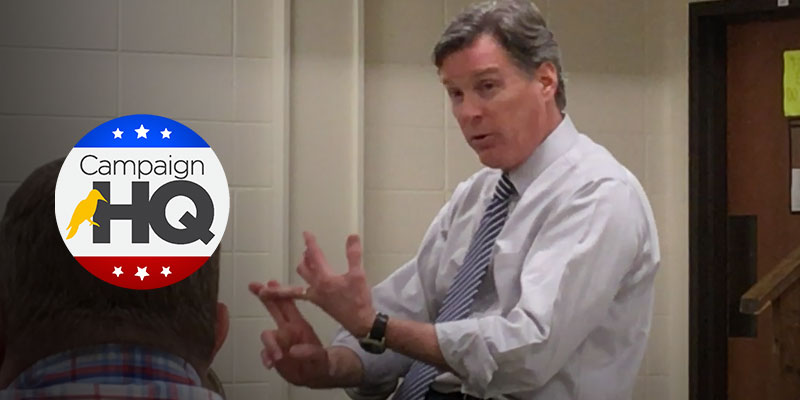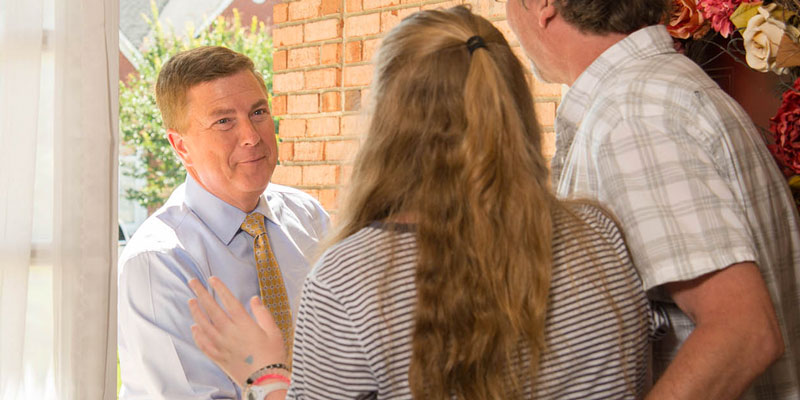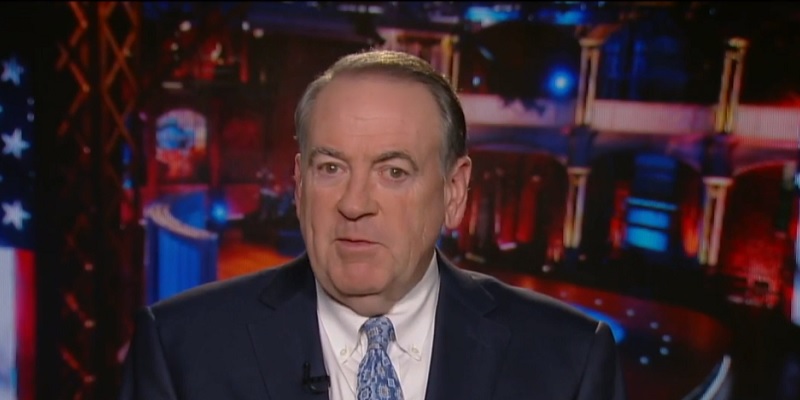
After one of the most hotly contested U.S. Senate races in recent memory, don’t expect the governor’s race to heat up for a few months, says one state political science expert.
“I think it’s good to have a respite from campaigning right now since we had so much of it during the Senate rate,” Bill Stewart, professor emeritus of political science at the University of Alabama, told Yellowhammer News.
In what’s sure to be a packed race, several candidates have declared on both sides of the political aisle. Top Republican candidates will include incumbent Gov. Kay Ivey, Huntsville Mayor Tommy Battle, state Sen. Bill Hightower of Mobile and evangelist Scott Dawson. The best shots for the Democratic nominee are former Alabama Supreme Court chief justice Sue Bell Cobb, Tuscaloosa Mayor Walt Maddox and former state representative James Fields.
The Alabama Legislature will get an early start so it can finish in time to allow members to go out and campaign ahead of the June 5 party primaries. The session begins Jan. 9 and ends on April 23. That’s the point that Stewart expects the party races to really heat up, although there are sure to be some slings thrown during the session.
The front-runner is likely to be Ivey, who became governor on April 10 after Robert Bentley resigned from the post after revelations of his extramarital affair. Ivey already boasted a $1 million-plus gubernatorial campaign war chest in September even though she had yet to announce her intentions, with Battle not far behind.
As head of the state Senate by virtue of her post as lieutenant governor, Ivey was able to build strong relationships with lawmakers and lobbyists. Natalie Davis, a retired political science professor from Birmingham-Southern College, told AL.com her persona would also help her with voters.
“I think she’s viewed in the mold of women in the South who have been successful,” Davis said. “Tough, straightforward. She certainly knows the Montgomery game.”
Stewart points out that running for governor is a big step up from a lieutenant governor’s race.
“That’s a very low-key race compared to the gubernatorial race,” he said.
Ivey is likely to be the target of most other GOP contenders due to her front-runner status. She may have the advantage of incumbency, especially having to take over for a disgraced former governor, but she could also harm her candidacy by taking on potentially controversial issues such as a gasoline tax increase for infrastructure repairs.
Stewart said Ivey’s waffling on the Roy Moore issue could hurt her, and be a point of attack. First, she said she had no reason to doubt the women who said Moore pursued them – and allegedly sexually assaulted at least one – when they were teenagers. Then, Ivey said she would vote for Moore, but when queried after the election said she wouldn’t reveal if she voted for the Republican who lost to Democrat Doug Jones in a close race.
“I didn’t think it showed her in the best light,” Stewart said.
The last lieutenant governor to ascend to the state’s top post following controversy in the governor’s office – Jim Folsom Jr, who took over after Guy Hunt was convicted of state ethics law violations in 1993 – handily won the Democratic primary before losing an extremely close race to Republican Fob James.
Stewart, author of “Alabama Politics in the Twenty-First Century,” hopes for a similarly tight battle in 2018 featuring spirited debates on the issues that matter to Alabamians.
“We’d love to see a hotly contested race in 2018,” he said.
Johnny Kampis is a resident of Cullman and has been published in the New York Times, Time, Fox News, American Spectator and Daily Caller.
(Don’t miss another article from Yellowhammer News. Sign up for our daily newsletter here).











